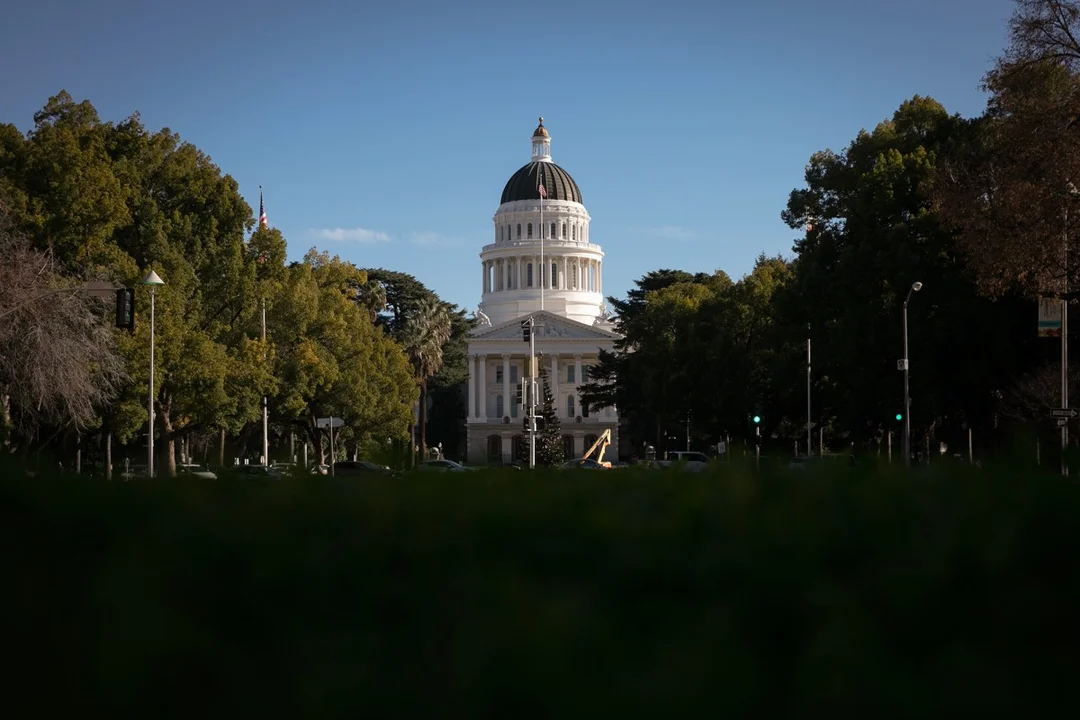
California’s Trailer Bill Process: A Closer Look at Capitol Backroom Deals
In the intricate web of California's legislative processes, the trailer bill system has come under scrutiny for its role in facilitating backroom deals within the state's Capitol. A recent commentary published by CalMatters sheds light on how these trailer bills, often introduced late in the legislative session, can bypass the usual public scrutiny and transparency that should accompany lawmaking.
Trailer bills are typically used to implement the state budget, but their use has expanded to include policy changes that might not withstand the full legislative process. Critics argue that this practice undermines democracy by allowing significant legislation to be passed without adequate public debate or input. The article points out that in 2023 alone, over 30 trailer bills were passed, many of which contained substantive policy changes that were not initially part of the budget discussions.
The commentary calls for increased transparency and accountability in the trailer bill process. It suggests that bills should be introduced earlier, allowing more time for public review and legislative debate. Additionally, it recommends that trailer bills should be more closely tied to budgetary issues and not serve as a vehicle for unrelated policy changes.
This issue is particularly relevant as California faces complex challenges such as housing, healthcare, and climate change, where public input and transparency are crucial for effective policy-making. The article concludes by urging lawmakers to reform the trailer bill process to restore trust in the legislative system and ensure that the voices of California's diverse population are heard and considered in the decision-making process.
